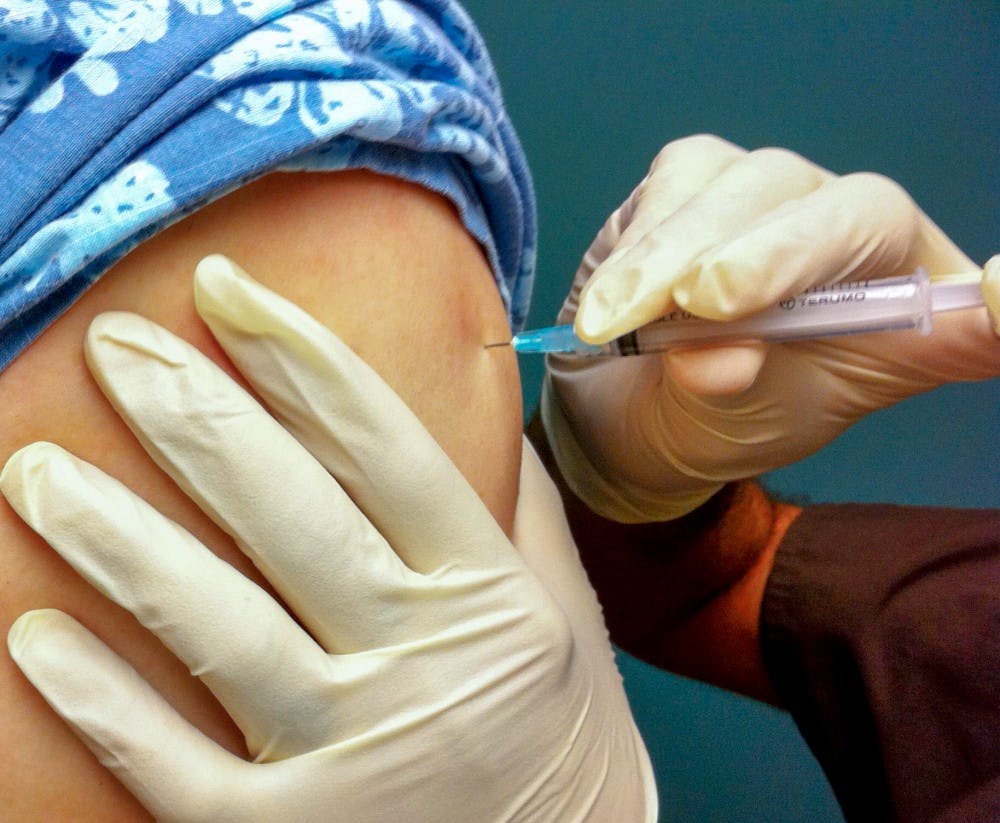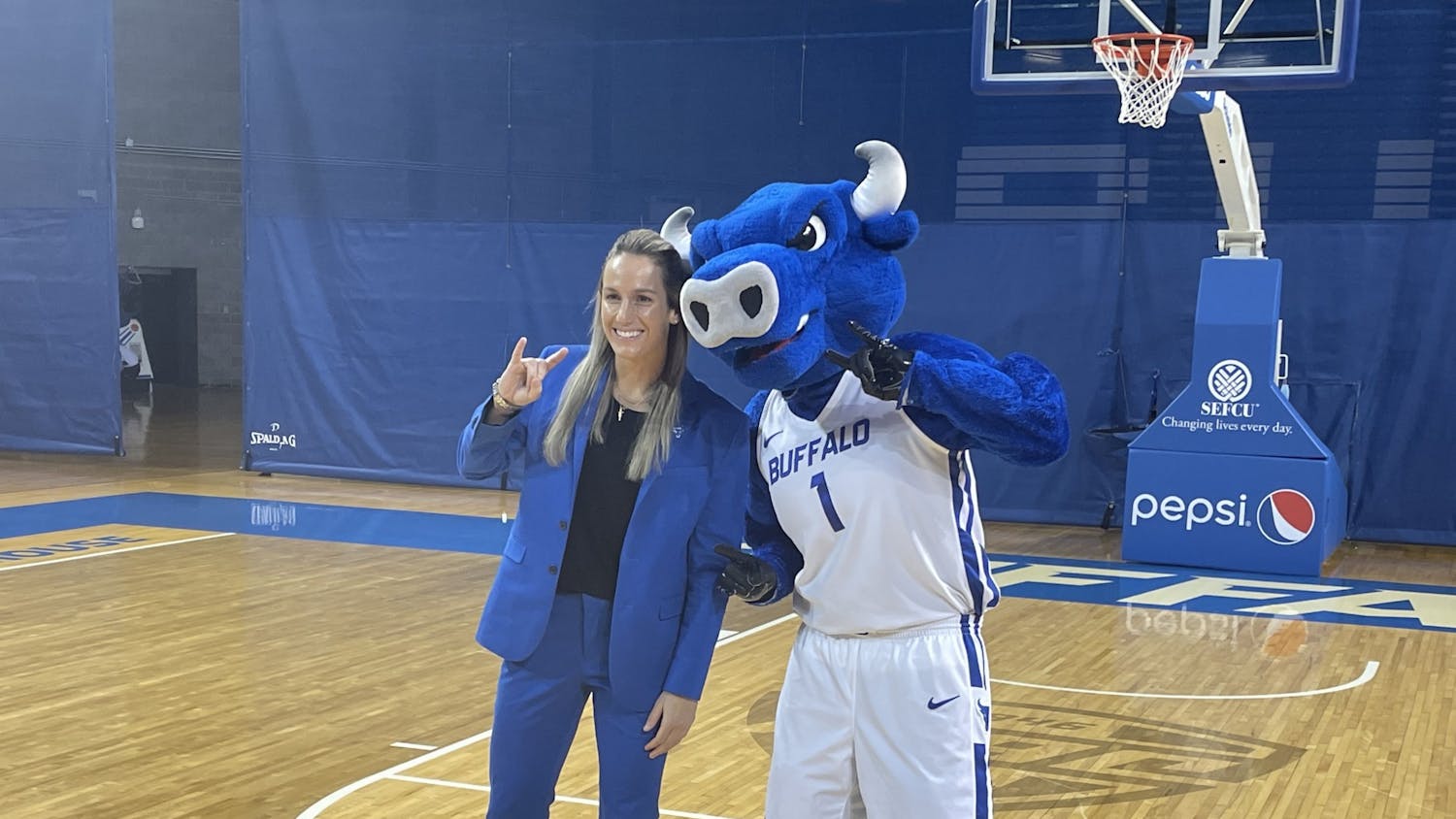Suzanna Van Roijen, a senior psychology major, said after hearing about some UB students had recently acquired the mumps virus, she was going to be extra cautious and was “glad she recently bought some hand sanitizer.”
Shortly before spring break, Student Health Services and UB Communications Office warned the campus that several UB students, who live off campus, have cases of mumps.
UB spokesperson John Della Contrada released a statement on March 12 that said the Department of Health is speaking with the students’ close personal contacts and that UB is currently reviewing immunization records to identify students who are not immune to mumps who may need to either be vaccinated or excluded from classes and activities when the semester resumes, which it did on March 21.
Mumps is a viral illness that is spread through “direct contact with saliva from the mouth or discharge from the nose,” according to Student Health Services Director Susan Snyder. The virus is commonly spread through contact with an infected person, including by sharing utensils or drinks.
Snyder said symptoms are similar to most viruses or colds, however the main difference is the “swelling and tenderness of the salivary glands” and swelling around the cheeks and ears that she described as “chipmunk cheeks.”
Other symptoms include a low-grade fever, tiredness, loss of appetite and muscle aches. According to the email sent to students, these symptoms don’t often appear until about 12-25 days after coming in contact with the mumps.
Students are required by the university to have the mumps vaccine before coming to UB.
“To be a student at UB you have to have two doses of [vaccines for] measles, one dose of mumps and one dose of rubella,” Snyder said.
Yet Snyder said no vaccine is 100 percent effective, so although the students may have received the vaccine in the past, they may still be at risk of acquiring the virus. Because of this, she said the Centers for Disease Control recommends everyone who has only one mumps vaccine to get a second.
Although Snyder said people who are vaccinated may still be at risk, Andrew Meyer, a sophomore business administration major, said he is not concerned because he and most people in the United States were vaccinated for mumps as children.
Snyder said the vaccines for each of these were previously separate, however individual vaccines for measles, mumps, or rubella have not been manufactured. Instead, she said, now the vaccines are given in a combination of the three known as “MMR” and most students due to the age group have received two doses of the MMR vaccines rather than the separate ones.
“What’s nice about the mumps portion of the MMR is that if you have two doses of mumps, it’s 88 percent effective,” Snyder said. “We do have a certain group, a certain population in the United States and certainly in our community here at UB that would fall into that 12 percent that did not gain full immunity even though they were vaccinated twice.”
Kathryn Doherty, a freshman biochemistry major, said her biggest concern was whether UB could contain the outbreak of mumps. Doherty has been avoiding anyone who appears sick as well as taking vitamins to keep herself from becoming ill.
Because mumps is a virus, there is no antibiotic or pill to cure it – instead, students who become sick with mumps can only wait it out. Snyder said the best thing one can do is focus on “symptom relief” such as taking ibuprofen for muscle aches or acetaminophen for a fever.
Ultimately, Snyder said the best way to avoid getting the mumps is to do what people normally do to prevent any other virus, like washing hands frequently, avoiding sharing any food or drinks and coughing or sneezing into elbows and not hands.
Those who are affected by the virus have been in contact with Student Health Services. Snyder said if students are concerned about the virus, they can contact the office with any questions they may have.
Hannah Stein contributed reporting to this story.
Marlee Tuskes is the Senior News Editor and can be reached at news@ubspectrum.com.





